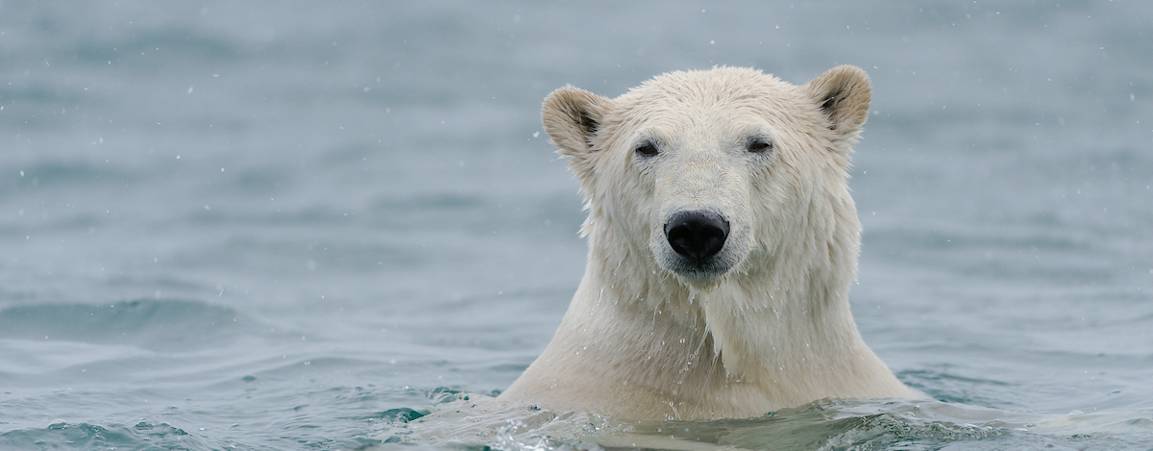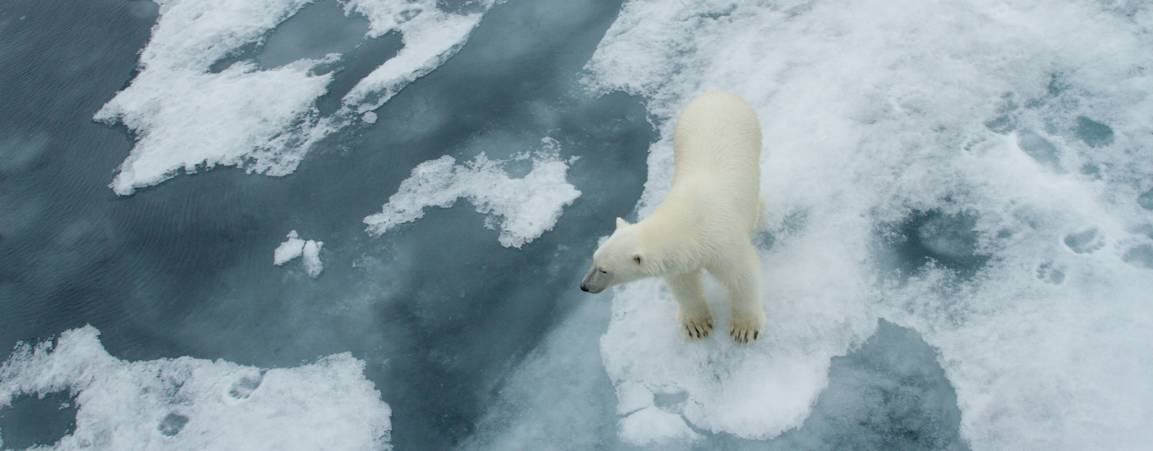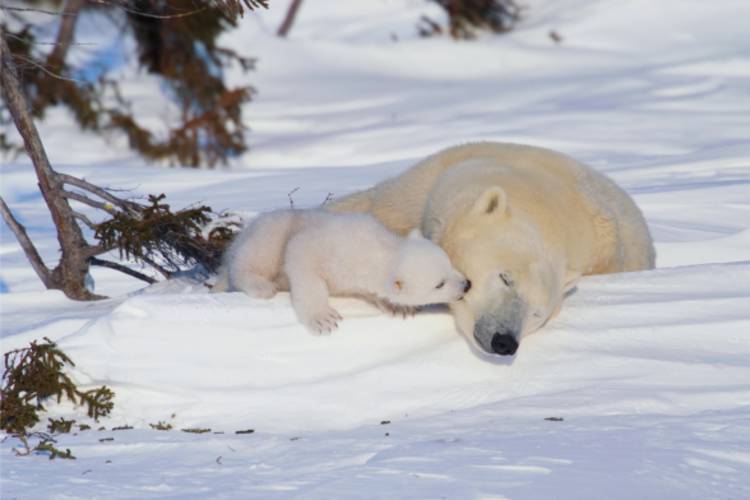Photo: Daniel J. Cox

Polar Bear Advocacy
Advocate on behalf of polar bears and the Arctic
Polar bears face many challenges in a changing Arctic. Sea ice loss due to climate warming is their greatest threat—polar bears need sea ice to hunt seals, mate, and travel. Other risks include den disturbances, commercial activity, conflict between polar bears and people, and pollution.
Calling or writing your representatives are powerful ways to make your voice heard with elected officials between elections. Regardless of whether or not you share similar views with your elected officials, it is important for them to hear from you and to learn what you care about. This ensures they are in sync with your needs and allows them to better advocate for their community. Write your national, regional, and local representatives a letter or email, call their office, or pay them a visit in person, if possible. Send messages supporting climate action and emissions reductions, or respond to specific policies in progress to have your thoughts taken into account in real time.
Find your federal representative if you live in:
Not sure where to start? Use our Climate Action Postcards!
If you live in the U.S., learn about each congressperson’s climate record with the Congress Climate Scorecard.
Attending city council meetings or submitting public comments to government agencies are great options for making your voice heard on a local and regional level.
Learn how to advocate for climate action with your elected officials.
Sign up for Polar Bears International’s newsletter to stay up to date on the latest polar bear news and ways you can advocate for our shared future!
Photo: Kt Miller / Polar Bears International

Create Your Own Content
Make your voice heard and speak on behalf of polar bears! Spreading the word about climate action is crucial for bringing more people into the fight to protect polar bears and the planet.
YouTube


"Every time you step out the door of your house, you have some impact on the environment around you, and you have some ability to influence the world. "
—Dr. Steven Amstrup, Chief Scientist Emeritus, Polar Bears International









